Sleep is one of the most fundamental human needs, yet its relationship with our emotions remains complex and deeply intertwined. The way we feel—whether stressed, happy, anxious, or calm—can dramatically influence the quality and duration of our sleep. Conversely, the sleep we get (or lack thereof) can shape our emotional responses the following day. This bidirectional relationship forms a delicate dance between mind and body, one that scientists continue to explore with growing fascination.
The Weight of Stress and Anxiety
Few things disrupt sleep as profoundly as stress and anxiety. When the mind is burdened by worry, the body often follows suit, resisting the natural descent into rest. The brain's amygdala, responsible for processing fear and emotion, becomes hyperactive, flooding the system with cortisol—the hormone associated with the fight-or-flight response. This chemical surge makes it difficult to unwind, leaving many individuals staring at the ceiling in the dead of night, their thoughts racing in endless loops.
Chronic stress doesn't just make falling asleep harder; it also fragments sleep architecture. Deep, restorative stages of sleep become shorter and more elusive, while lighter, less satisfying sleep dominates the night. Over time, this pattern can lead to a vicious cycle: poor sleep heightens emotional reactivity, making stressors feel even more overwhelming the next day. Breaking free from this cycle often requires more than just counting sheep—it demands addressing the root emotional turmoil.
The Warm Embrace of Positive Emotions
On the flip side, positive emotions can serve as a lullaby for the soul. Feelings of contentment, gratitude, and joy tend to promote relaxation, easing the transition into sleep. Studies suggest that people who engage in mindfulness practices or reflect on positive experiences before bed often fall asleep faster and enjoy more restorative rest. The parasympathetic nervous system, responsible for calming the body, activates more readily when the mind is at peace.
Interestingly, love and emotional intimacy also play a role. Sharing a bed with a trusted partner—assuming the relationship is harmonious—can enhance feelings of safety and comfort, further encouraging deep sleep. Oxytocin, sometimes called the "love hormone," may contribute to this effect by reducing stress and fostering a sense of connection. However, when relationships are strained, the opposite can occur, proving once again that emotions and sleep exist in a delicate balance.
Grief and Sleep’s Elusive Nature
Few emotional states disrupt sleep as profoundly as grief. The loss of a loved one, a job, or even a sense of identity can cast a long shadow over the night. Grieving individuals often report fragmented sleep, vivid dreams, or even nightmares that replay their sorrow. The heartache manifests physically, with many experiencing insomnia or excessive sleepiness—a paradox that underscores grief's exhausting yet sleep-resistant nature.
Researchers believe that grief alters brain chemistry in ways that interfere with normal sleep regulation. The same neural pathways that process emotional pain overlap with those governing sleep, creating a storm of wakefulness when rest is most needed. For some, this disruption lessens with time; for others, it evolves into long-term sleep disturbances, highlighting the importance of compassionate support during bereavement.
Depression’s Heavy Blanket
Depression and sleep share one of the most well-documented relationships in mental health research. While it’s common to associate depression with excessive sleeping (hypersomnia), many sufferers experience the opposite—relentless insomnia. The interplay between these two conditions is so strong that sleep disturbances are now considered a core symptom of depressive disorders.
What makes this relationship particularly insidious is its self-perpetuating nature. Poor sleep exacerbates depressive symptoms, and deepening depression further erodes sleep quality. The brain's neurotransmitters, including serotonin and dopamine, become dysregulated, disrupting both mood and the sleep-wake cycle. Treatment often requires a dual approach: addressing the emotional disorder while simultaneously improving sleep hygiene.
The Role of Anger and Frustration
Anger, especially when suppressed, can be a silent thief of sleep. Unlike anxiety, which tends to keep people awake with worry, anger often manifests through physical tension—clenched jaws, tightened muscles, and elevated heart rates that resist relaxation. Studies have shown that individuals with high hostility traits or unresolved anger frequently experience lighter, less refreshing sleep.
Nighttime can become a battleground for replaying arguments or injustices, real or imagined. This rumination activates the sympathetic nervous system, effectively telling the body it's not yet safe to rest. Over time, chronic anger coupled with sleep loss may even contribute to cardiovascular issues, creating yet another layer of health concerns.
Finding Balance Through Emotional Awareness
Understanding how emotions affect sleep is the first step toward better rest. Techniques like cognitive behavioral therapy for insomnia (CBT-I) often include emotional regulation strategies, helping individuals process feelings that might otherwise hijack the night. Journaling before bed, practicing gratitude, or engaging in gentle yoga can create a buffer between the day's emotional turbulence and the night's need for stillness.
Equally important is recognizing that occasional sleep disruptions during emotionally charged periods are normal. The goal shouldn’t be perfect sleep but rather a compassionate approach that acknowledges our humanity. After all, to sleep is to surrender—and surrendering requires feeling safe enough to let go, if only for a few precious hours.
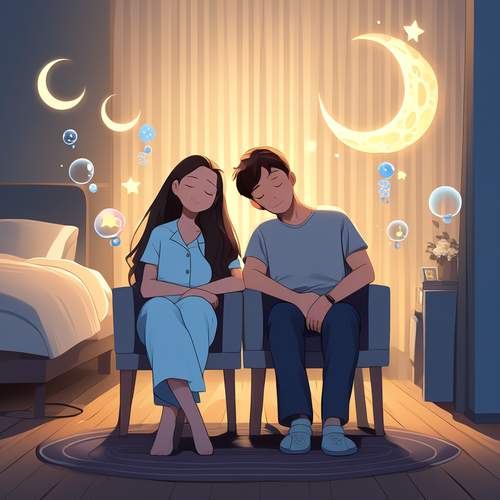
By /May 22, 2025
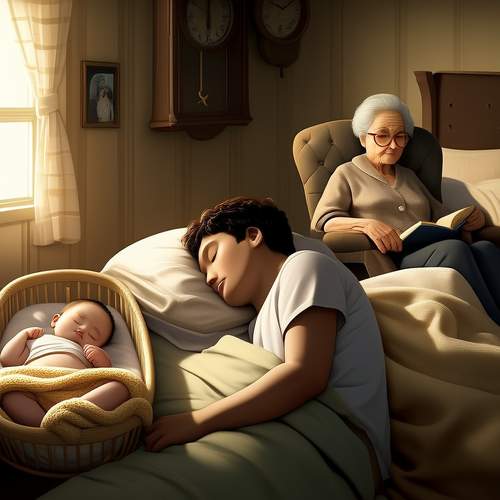
By /May 22, 2025

By /May 22, 2025
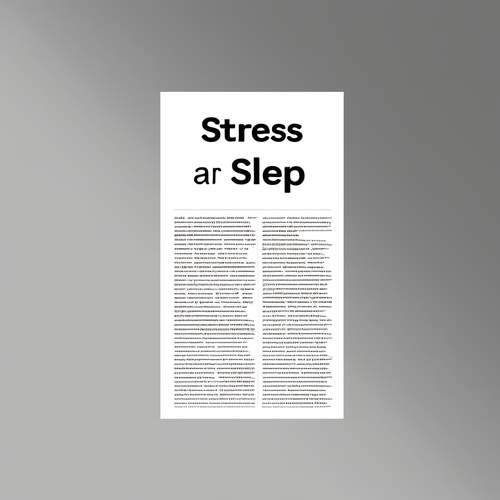
By /May 22, 2025
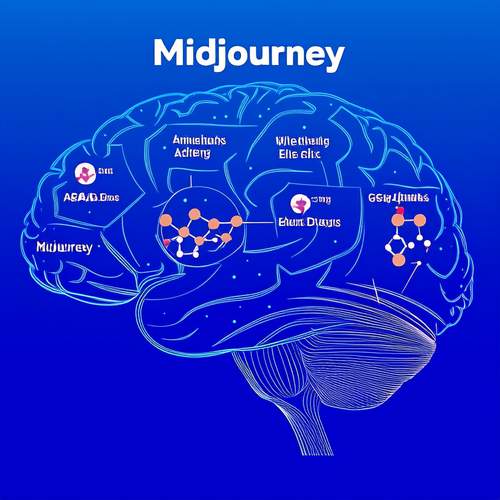
By /May 22, 2025

By /May 22, 2025
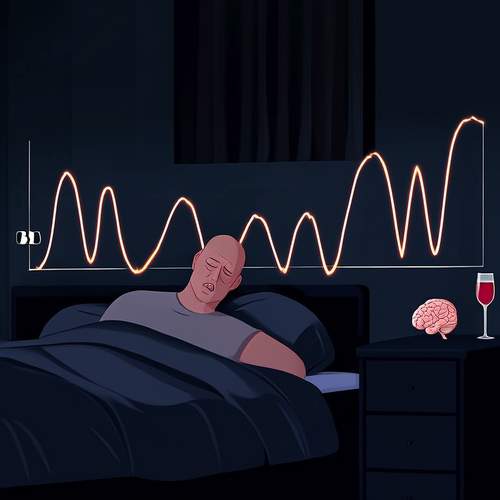
By /May 22, 2025

By /May 21, 2025
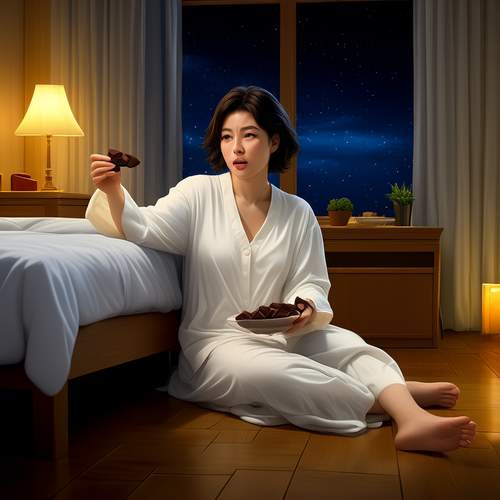
By /May 21, 2025
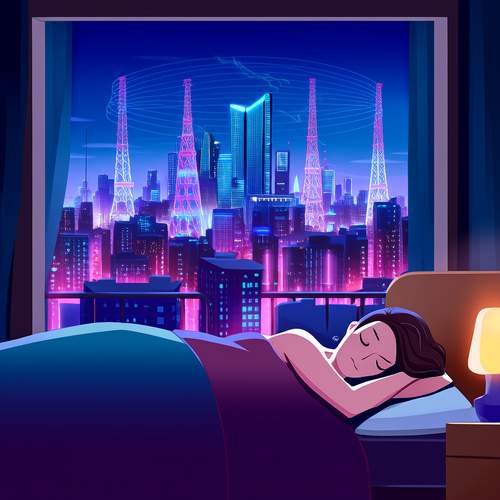
By /May 21, 2025

By /May 21, 2025
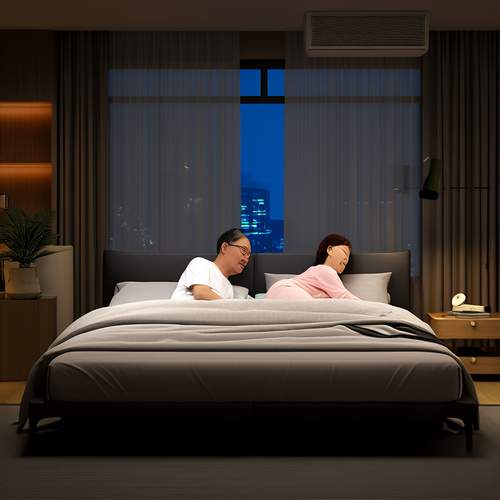
By /May 21, 2025

By /May 21, 2025

By /May 21, 2025
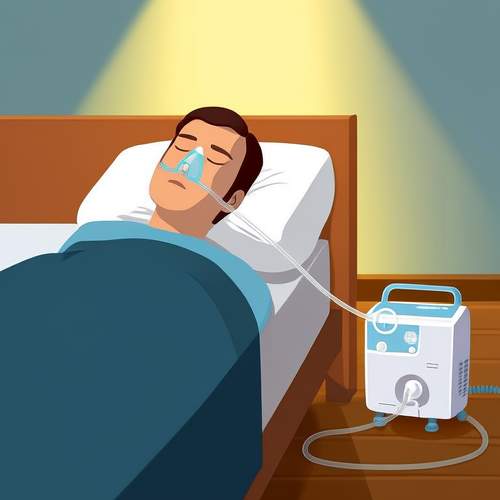
By /May 21, 2025
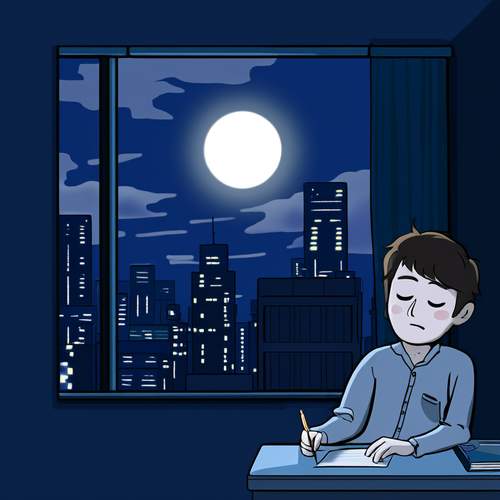
By /May 21, 2025

By /May 21, 2025